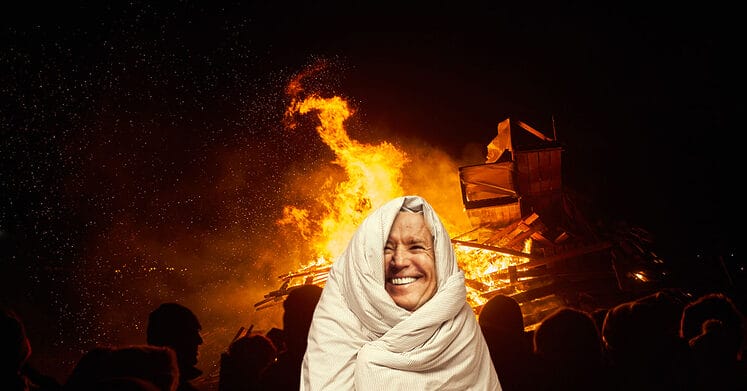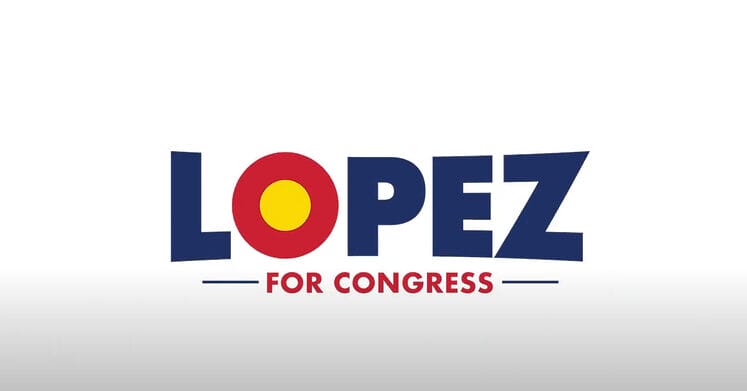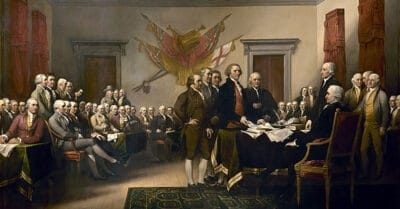
“Property is surely a right of mankind as real as liberty.” John Adams. Every Founding Father understood the intrinsic connection between property rights and freedom. It is one of the most important constitutional rights that protects citizens from the government, and from each other. Unsurprisingly, land ownership has long been under attack by Marxism, progressivism, and every other ideology that does not grant individuals the liberty and freedom that our country was founded upon. For one landowner in rural Colorado, this has become evident over the past couple of years. This landowner has been threatened with Eminent Domain and by private individuals, to take their hard-earned land from them. And while this may be just a single family’s issue, it shows a disturbing trend in how our country and its inhabitants treat and view property rights.
Initially letters were sent to all the homeowners regarding public meetings. Neighbors began to talk to neighbors and slowly the word spread: Xcel Energy is building a new transmission line, and our homes are right in the path. As the situation became clearer, so was the helplessness of everyone who was looking at the proposed maps of this project: either you can willingly sign and let Xcel build their transmission line or they will just take your property from you and cite Eminent Domain. Many times, more favorable language such as easement or public utility corridor is used, but when a transmission line goes through your property, your property no longer has the value it once did. It became clear that this project was going to pit one landowner against another, each hoping that the transmission line would go through another unfortunate person’s land. It begs the question: if this happened in urban areas, would there be more outrage?
For our homeowner, Xcel decided that the transmission line should be located farther east, meaning their home and business located on their property were safe for now. But for a family that built a 20-year-old business from the ground up, it was still a disturbing reality to grapple with that with a stroke of a pen and a decision from an unelected group of decision makers, their American dream could be wiped away. For now, they felt safe that they owned their land. But then a parcel of undeveloped land behind theirs went up for sale. Having known the prior landowner (rural America can be like that), they did the neighborly thing and allowed access to that land after the owner would stop by and ask to visit. But then realtors stopped asking and just started driving back to the property with potential buyers. Thus, the respect towards private property was stripped away upon the laurels of convenience. And then a greater issue developed: a potential buyer stopped by and asked for access to the property through their property. At issue is a prior road the county used to access the property when it was owned by the county. A road that was no longer maintained or even used ever since the property was privately purchased. A “road” that was now grass. A “road” that there are no legal records of and has never been used since the homeowner has owned the property. But the buyer now wants that “road” reinstated so they can turn that property into a private motorbike dirt track. They offered a paltry $5,000 and a threat of lawyers to gain that access. Somehow, these buyers feel that they deserved the right to access this land through the land of another. Their right was greater than that of another.
For now, we will ignore the fact that there is undeveloped land behind this landlocked parcel; we will ignore that the buyer approached other neighbors and was told no, and no threats were made to acquire the neighbors’ land. At issue is the embodiment of the principle of greed. The idea that it is okay to take from others when it is convenient to address an issue, whether it is land, money, taxes, or frivolous suing is disturbing. This is the upward trend of “my rights” are more important than “your rights.” Is this because of a lack of civic education or a willing ignorance towards the purpose and intent of our Founding and the institutions it protects? The fact that a landowner cannot simply say no and instead will have to spend hard earned money on lawyer fees just to protect the property they own should frighten every American. Bastiat posited the broken window fallacy, and the wastefulness criminal activity has on the economy. Is our litigious culture the new window?
Even if a lawsuit is never filed, the fact remains that many Americans do not feel their property is protected under the law. From asset seizure to Eminent Domain, the property of an individual is under attack. This attack on property rights is not new and is as old as time itself. But protection of property rights undergirds the basic right to life and liberty because without being confident that your land, possessions, and ideas are protected, how can you be confident the government will truly protect your life? We must educate our fellow citizens about the importance of this right and protect the rights of our neighbors just as fervently as we protect our own. Because if our neighbor loses their right to property, it will not be long until ours is threatened as well.









Responses